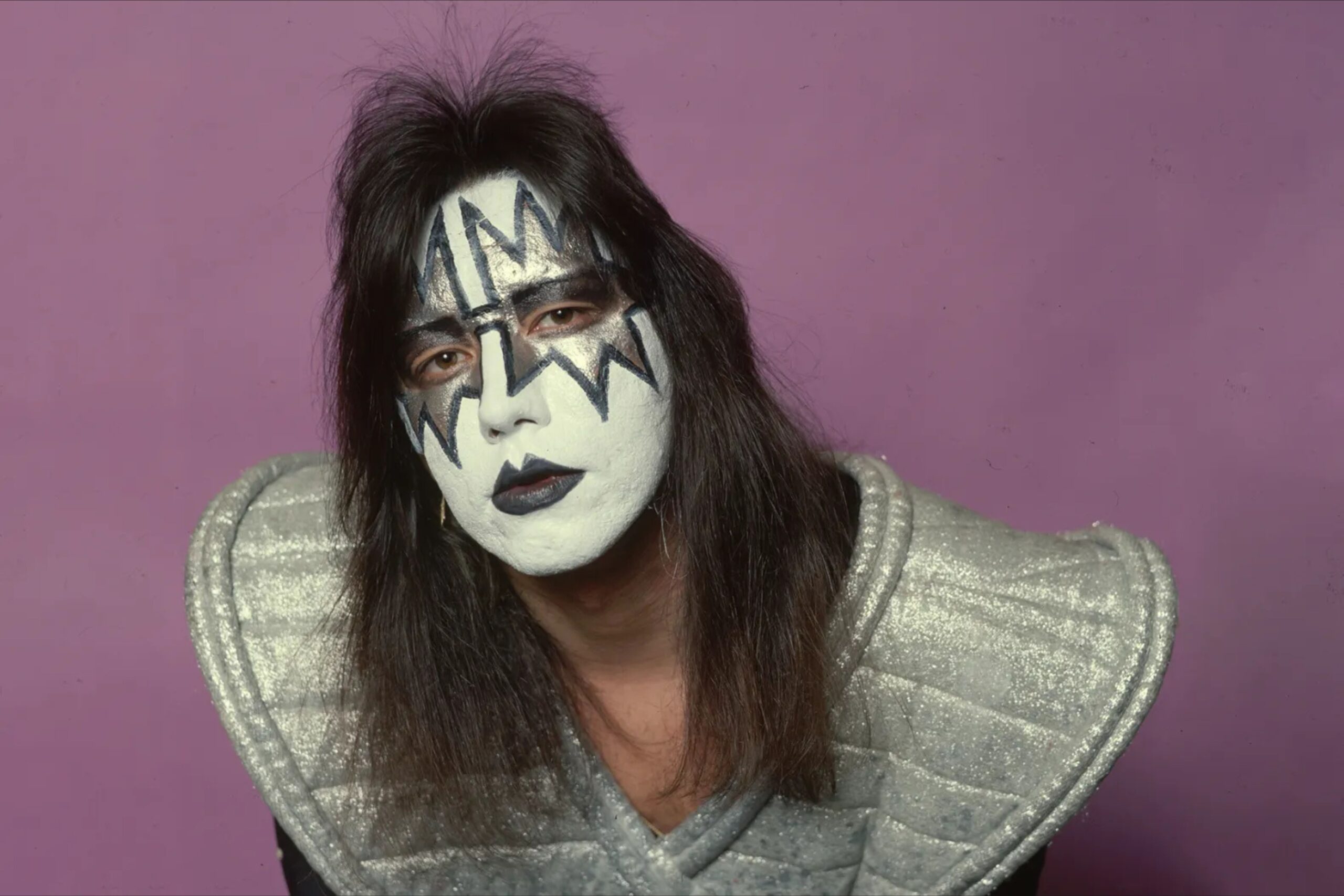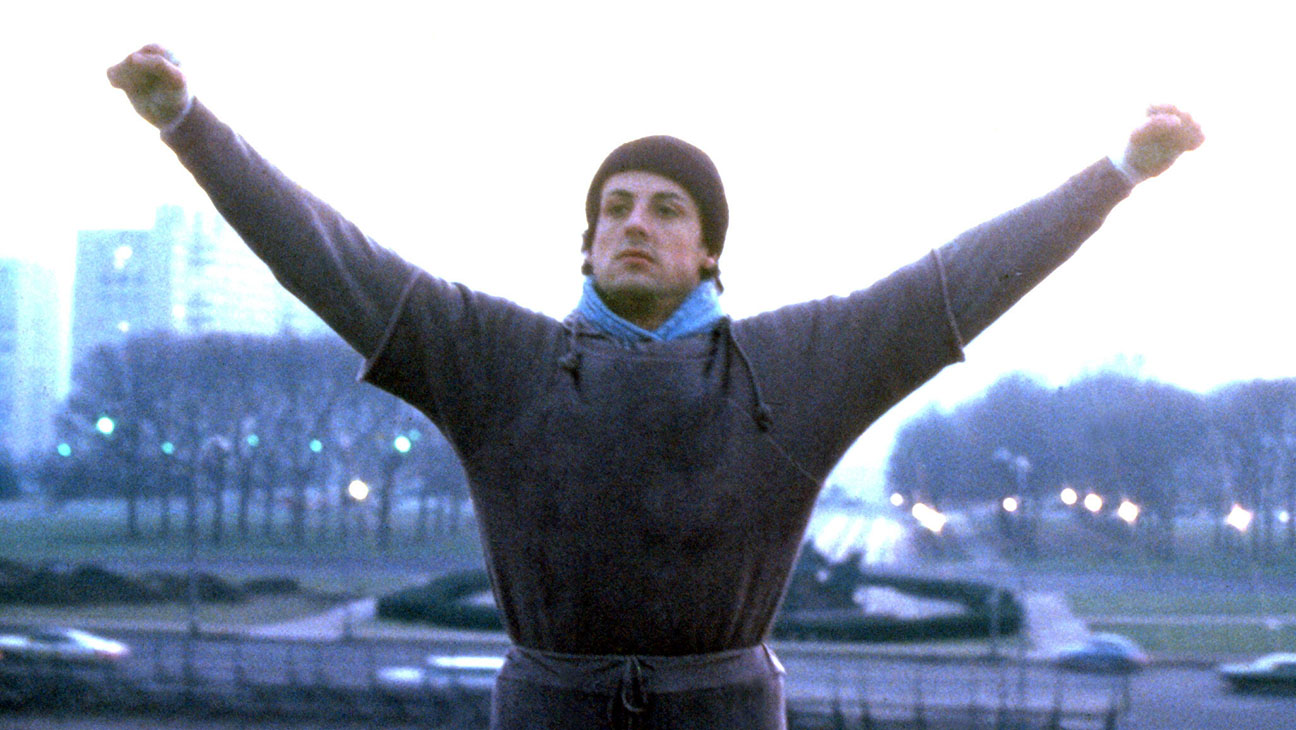The rock music scene mourns the loss of a truly unique personality. Ace Frehley, the iconic guitarist instrumental in shaping the sound and image of Kiss, died at 74, leaving an immense legacy that reshaped hard rock’s trajectory and influenced countless musicians.
The announcement of Frehley’s demise triggered a wave of sorrow among admirers and fellow musicians worldwide. Recognized for his distinctive “Space Ace” character and his powerful guitar solos, Frehley was not merely a co-founder of Kiss; he was the innovative force that launched the group from the New York club circuit to international fame. His departure signifies the conclusion of an epoch for rock music and for countless devotees who were raised on the band’s memorable makeup, thrilling shows, and defiant spirit.
The rise of a rock icon
Born Paul Daniel Frehley on April 27, 1951, in the Bronx, New York, he was raised in a working-class family that valued music and creativity. From an early age, Frehley showed a natural talent for the guitar, teaching himself to play by ear and absorbing influences from blues, rock, and rhythm and blues icons. His unique style combined melody and distortion in a way that few could replicate, and by the early 1970s, his technical skill and charismatic stage presence had already begun to draw attention in New York’s emerging rock scene.
In 1973, an immediate connection was forged when Frehley responded to an advertisement placed by bassist Gene Simmons and rhythm guitarist Paul Stanley. Together with drummer Peter Criss, they established Kiss—a group destined to transform the music scene through its dramatic stage acts, explosive pyrotechnics, and distinctive visual brand. Frehley’s contributions were crucial in defining the band’s sound, serving not only as a guitarist but also as a composer and artist who enriched the ensemble’s iconic persona.
His guitar contributions to tracks such as “Shock Me,” “Cold Gin,” and “Parasite” achieved legendary status. His solos were transformed into breathtaking visual displays through the incorporation of bespoke Les Paul guitars equipped with smoke bombs and lighting effects, thus elevating Kiss performances into events where the boundaries between musical expression and theatrical artistry were indistinguishable.
Creative genius and personal struggles
While Frehley’s artistic talent was clear, his tenure with Kiss was also characterized by internal strife, fatigue, and challenges related to celebrity. The 1970s proved to be a tumultuous period for the ensemble, featuring consecutive tours, constant media attention, and the demand to perpetually surpass their previous achievements. Frehley, who frequently favored concentrating on the musical aspect over the theatrical display, found himself in disagreement with the band’s progressively commercial trajectory.
Even with internal conflicts, his input stayed crucial. During 1978, Kiss launched individual albums from each member, all marketed under the Kiss name — and Frehley’s album garnered the greatest critical and commercial acclaim. His track “New York Groove,” a rendition of the Hello song, ascended the music charts and emerged as one of his defining successes, confirming his personal skill apart from his Kiss identity.
However, the fast-paced lifestyle of touring, recording, and constant public attention took a toll. Frehley struggled with substance abuse and fatigue, leading to his departure from Kiss in 1982. It was a difficult separation for both the band and its fans, as Frehley had been one of its original creative forces. Yet, his exit allowed him to pursue his own musical path, where his passion for raw, guitar-driven rock could flourish without compromise.
Redefining the Space Ace
After leaving Kiss, Ace Frehley launched his solo career, forming the band Frehley’s Comet in 1984. His new project quickly gained traction, with albums like Frehley’s Comet (1987) and Second Sighting (1988) showcasing his distinctive guitar sound and songwriting style. Though he never reached the commercial heights of Kiss, Frehley earned respect as a solo artist committed to authenticity and musical freedom.
His live shows were intimate yet powerful, offering fans a closer look at the man behind the “Space Ace” makeup. Frehley’s performances were fueled by passion and gratitude, often including heartfelt stories from his early days and anecdotes about his time in Kiss.
In subsequent years, he emerged as a cult figure within the rock scene—a symbol of endurance, uniqueness, and the pure essence of rock ‘n’ roll. He kept putting out records throughout the 2000s and 2010s, including Anomaly (2009) and Spaceman (2018), both lauded for embodying the raw power characteristic of his initial creations.
Legacy within and beyond Kiss
Ace Frehley’s influence on rock guitar is immense. His melodic phrasing, creative use of effects, and balance between technical skill and emotional expression inspired countless musicians. Artists ranging from Slash (Guns N’ Roses) to Dave Grohl (Foo Fighters) have cited him as a key influence in their musical development.
Beyond his musical contributions, Frehley’s influence was profound. He was instrumental in defining the rock star archetype as a celestial, dramatic personality—a position that blended musical talent, enigma, and visual narrative. His “Spaceman” identity achieved iconic status in rock lore, influencing not just guitar players but also creatives in the fields of fashion, design, and cinema.
In 1996, after nearly 15 years apart, the original Kiss lineup reunited for a world tour. For millions of fans, it was a dream come true — a chance to see the four original members together once again in their full makeup and glory. Frehley’s return brought authenticity and nostalgia to the band’s performances, proving that his chemistry with Stanley, Simmons, and Criss was still magnetic.
Although he eventually parted ways with Kiss again in the early 2000s, Frehley maintained cordial relationships with his former bandmates in later years, expressing gratitude for the legacy they built together.
Homages from the {{music}} industry
Following the announcement of his death, tributes poured in from across the music industry. Paul Stanley described Frehley as “a brother in rock whose guitar changed everything.” Gene Simmons referred to him as “a visionary whose playing was the heart of our sound.” Fans gathered outside the original venues where Kiss first performed, leaving flowers, candles, and vintage memorabilia in his honor.
Younger artists also joined in the outpouring of respect. Tom Morello, known for his work with Rage Against the Machine, called Frehley “a pioneer who proved that attitude and innovation could coexist.” Members of bands like Metallica and Foo Fighters shared stories of how Ace’s riffs inspired them to pick up a guitar.
Beyond the realm of rock music, homages appeared. The Bronx, Frehley’s birthplace, displayed images of his “Spaceman” character on the borough hall’s exterior, honoring him as a prominent cultural figure from the region.
A timeless legacy of sound and spirit
The departure of Ace Frehley signifies more than just the absence of a musical talent; it marks the conclusion of a significant era in rock history. Rarely has an artist so fully personified the unbridled energy, defiance, and creativity inherent to the genre. His compositions persist in captivating both long-time admirers and new generations encountering the allure of classic rock for the very first time.
His artistic talent serves as a global reminder that music, fundamentally, revolves around connection — the very spark that ignites when melody, rhythm, and feeling converge. Frehley’s guitar provided that spark for countless individuals, illuminating venues and leaving behind reverberations that will endure for many decades.
Even though he might no longer be with us, his impact lives on in every musical note that propels his essence. From the powerful vigor of Kiss’s initial records to his individual ventures into audio and aesthetics, Ace Frehley’s musical legacy is everlasting—a testament that genuine rock icons don’t vanish; they merely transition to a different platform.




